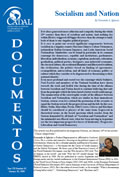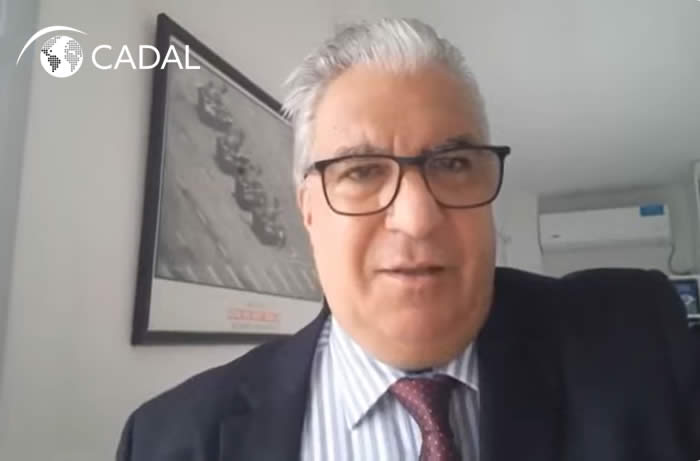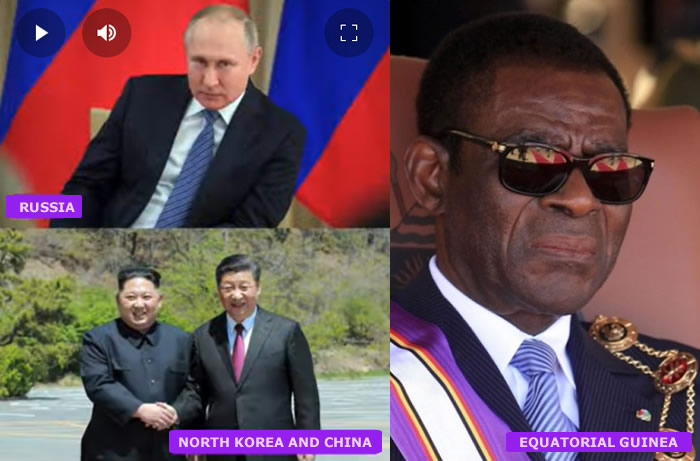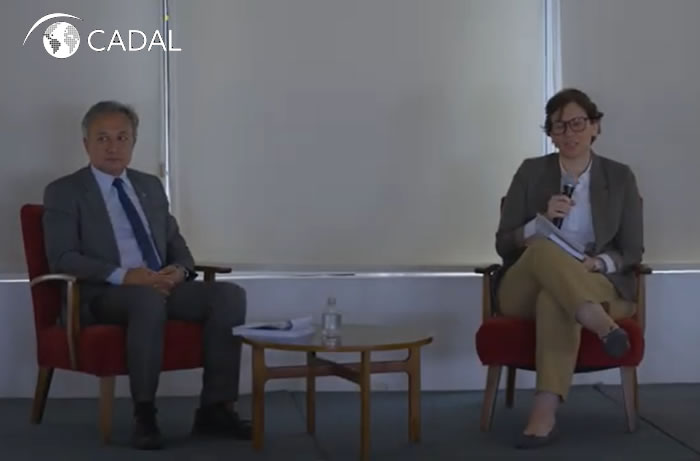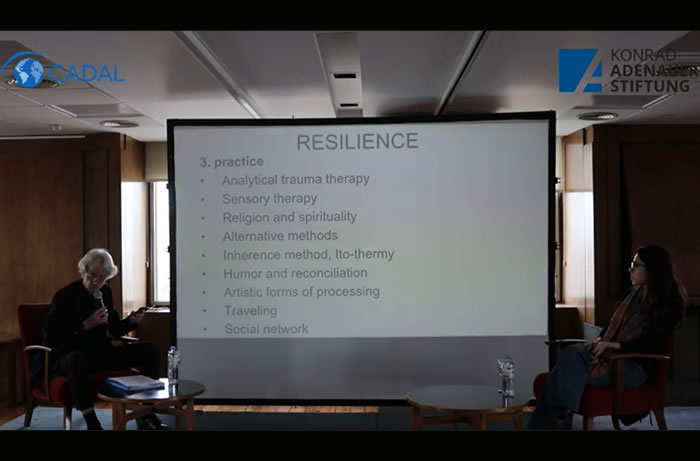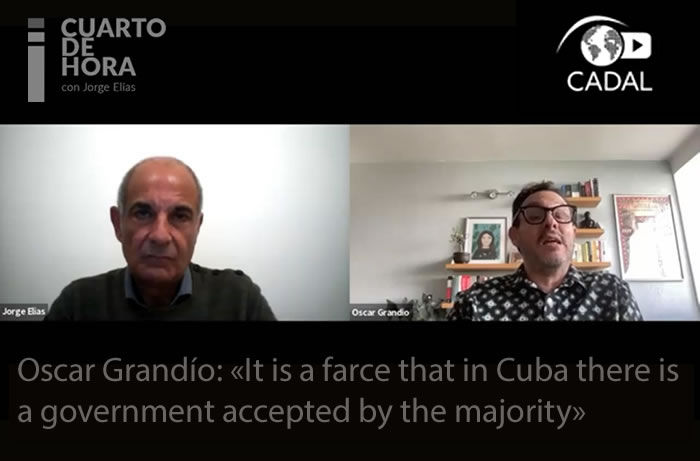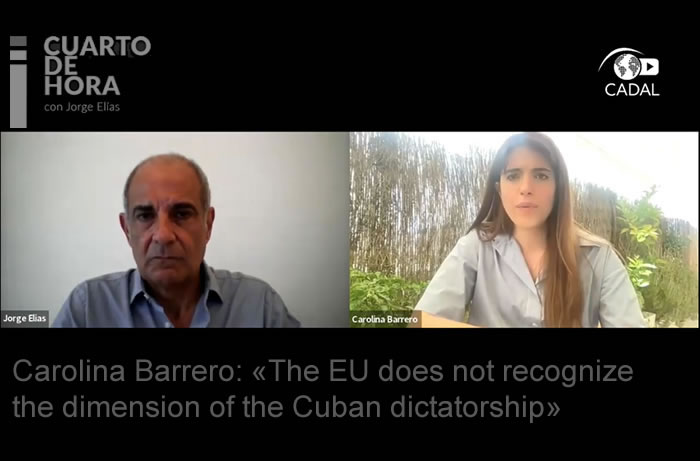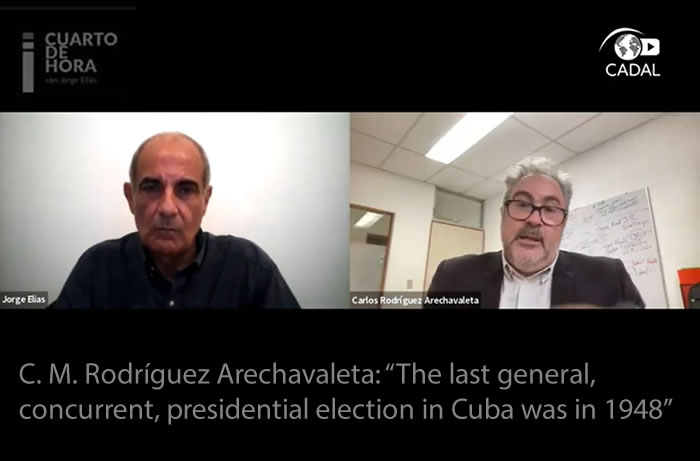documents
Socialism and Nation
Few ideas generated more adhesion and sympathy during the whole 20th century than these of socialism and nation. And nothing else within History triggered off bigger disasters than the attempt to unify both of them to one singular political project.
By Fernando A. Iglesias
Few ideas generated more adhesion and sympathy during the whole 20th century than these of socialism and nation. And nothing else within History triggered off bigger disasters than the attempt to unify both of them to one singular political project.
It is easy to point out several significant congruencies between socialism in a singular country Russian-Chinese-Cuban-Vietnamese, nationalism Italian-German-Japanese, and Latin American Social Nationalism. Similarities can be found in particular in its common contempt for democracy, republic and institutions, parliaments, liberalism, individualism, economy, capitalism, modernity, reformism, gradualism, political parties, foreigners, non industrial economies, the classical culture, the occidental illuminist and illustrated tradition, the civilization, the politics based on finding of agreements, cosmopolitism, universalism, and all kinds of economy, politics or culture which they consider to be degenerated or threatening to their national identity.
Even more profound and rooted was the contempt which Stalinists, Nazi Fascists and members of the National Socialism have shown towards the weak and foolish who during the time of the alliance between Socialism and Nation dared to continue believing that only from the principles which the latter hated a better world could emerge. The enumeration of the catastrophic results of the alliances between Socialism and Nationalism, which are similar in their immoderate Statism, returns even less rational the pretension of the seventies to equal the Statism towards the progressivism and the left. In this case, Hitler, Stalin, Mussolini, Perón, Fidel Castro, Chávez and Kirchner should be considered as players of the same team. Expressed in theoretical terms; in the broad spectrum which reaches from the Statism demanded by all kinds of “Socialism and Nationalism” and the minimalist neo-liberal state, what has been missing in Argentina are the two important progressive forces of Modernity: Progressive Liberalism and Social Democracy.
This article was first published in the magazine Noticias, on January 16th in the section “Clases Magistrales”.
Fernando A. Iglesias is Federal Representative, affiliated to Coalición Cívica. He is a writer and journalist, focusing on the political aspects of Globalization. Moreover, he is a founder member and Executive Secretary of Global Democracy – a Movement for the Union of South America and the Global Parliament. He forms part of the Executive Council of the World Federalist Movement, won the TEA Award in 2002 with “For all humans in the world”, and with “Why the UN should change” the PERFIL Award in 2006. He has published in various Argentine and foreign media and has leaded conferences in the Montreal International Forum (FIM) in 2002, in the World Social Forum in Porto Alegre (2002-2003 and 2004), in the European Parliament (World Federalist Movement 2005) and in Seminars at the University of Torino (Department of Political Science, 2005). He is the author of several books, as for example: “What is the meaning of being leftist today?”, “Globalizing Democracy” and “Kirchner and I”.




